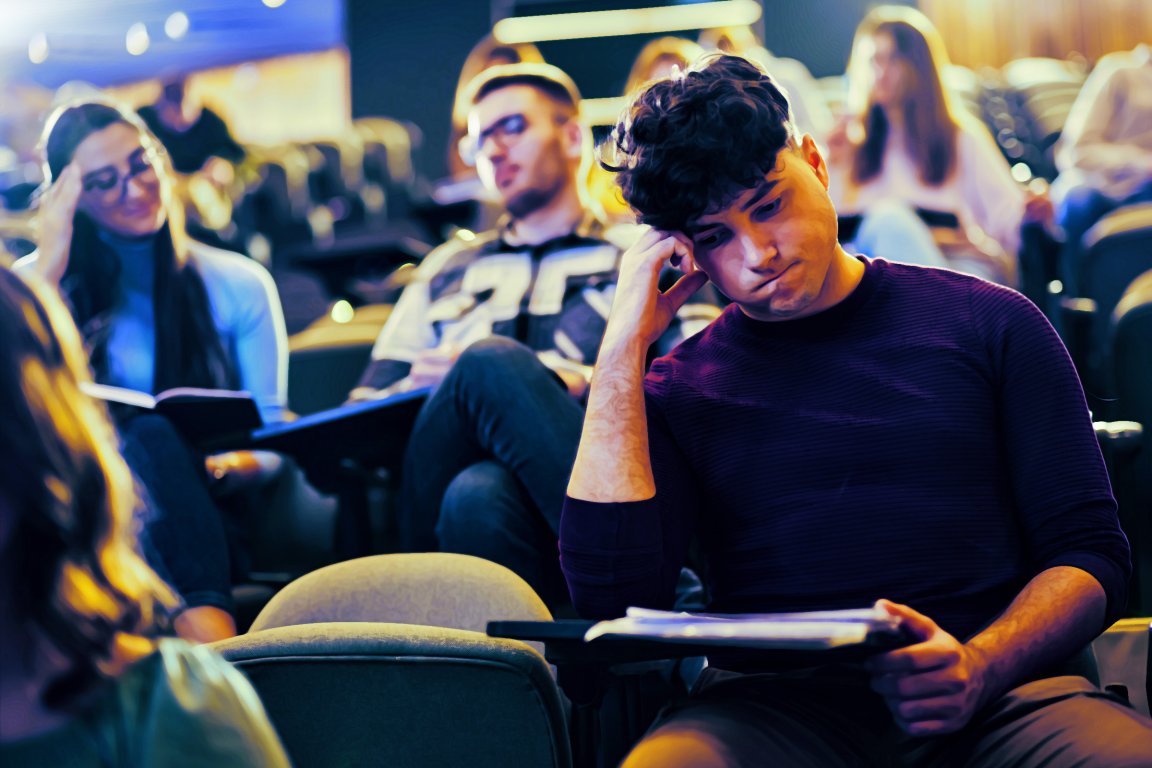
If you get caught cheating by your professor, you would be wise to beg for mercy, grovel at their feet, and pour every ounce of your soul into putting on the contrite performance of a lifetime. You’ll never do it again, you vow, after reminding them of your recently deceased distant relative. If there was ever a moment to put some real effort into your education, this big apology would be it.
In an age of ChatGPT, however, even that might be a lot to ask.
After catching dozens of their students cheating in a data science course, two professors at the University of Illinois Urbana-Champaign were inundated with what they thought were nearly a hundred heartfelt emails from the students apologizing for their mistakes.
But you probably see where this is going. The overwhelming majority of those emails, the professors noticed, appeared to themselves be written by an AI chatbot. The duo, Karle Flanagan and Wade Fagen-Ulmschneider, confronted their students about it in class, projecting their similarly worded apologies on screen. The phrase “sincerely apologize” is highlighted in all of the dozens of examples.
“They said, ‘Dear Professor Flanagan, I want to sincerely apologize,'” Flanagan told the New York Times. “And I was like, Thank you. They’re owning up to it. They’re apologizing.”
“And then I got another email, the second email, and then the third,” Flanagan added. “And then everybody sort of sincerely apologizing, and suddenly it became a little less sincere.”
It’s the latest stupefying example of how AI has irreversibly transformed education, and undoubtedly for the worse. It’s not just the tech’s effortless automation that’s so alarming, robbing students of the challenge of actually having to use their brain to think through a problem; its very existence has fostered a climate of distrust, where the relationship between pupil and professor is clouded by suspicion and resentment. The professor must constantly be suspicious of a student using AI to cheat. And the student resents being subjected to this scrutiny, sometimes unfairly. Many have been wrongly accused of using AI — accusations that themselves are sometimes made with AI tools.
Flanagan and Fagen-Ulmschneider said they were on the lookout for cheating after they noticed that students who skipped class were still answering time-sensitive questions that were designed to only be accessed through an app while physically in attendance to scan a QR code, they told the NYT. Answering these went to their participation grade. After some digging, the professors realized that the truants were getting tipped off by their peers about when to answer the questions.
Their confrontation with the students about the “sincere” apologies went mega-viral on Reddit, after a student posted a photo of the scene. Going viral, though, wasn’t the professors intent. “We were ready to move past it but then we woke up the next day and it was on the front page of Twitter and Reddit!” Flanagan said in a video.
The embarrassment, it seems, was ample punishment. No disciplinary action was taken against the students — but they definitely got a schooling.
“Life lesson: if you’re going to apologize, don’t use ChatGPT to do it,” Flanagan said in the video.
More on AI: University Using AI to Falsely Accuse Students of Cheating With AI